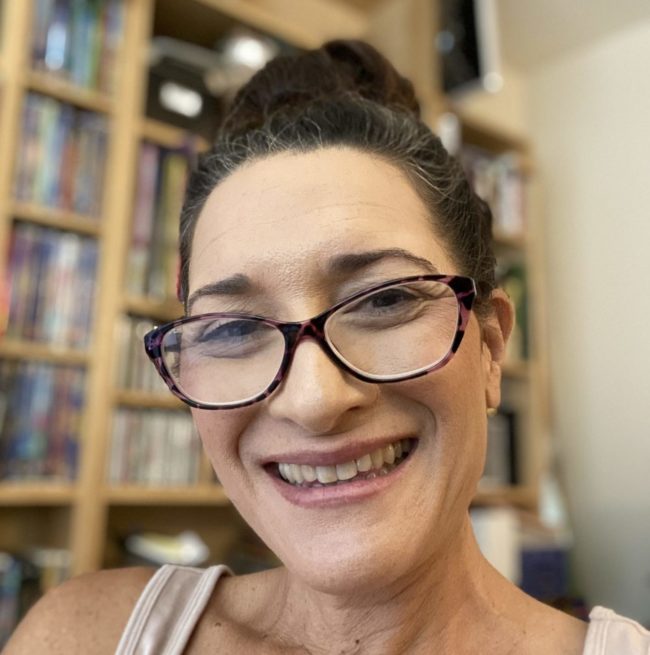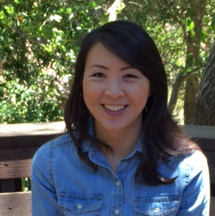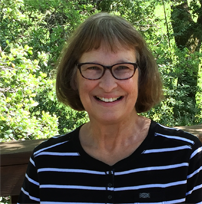 Understanding Students’ Behaviors
Understanding Students’ Behaviors
Behavior: Do We Really Understand Series? Part 1 of 3
The saying that has been cycling around my head goes something like this. Look around you. The five closest people in your life are those who you most likely emulate. They influence your thoughts, behavior, and overall choices in life. With that said, if you find yourself asking questions such as, Why did ____ do that? Doesn’t she know better? How many times do I have to tell you to ___? Chances are if you look around your circle, or your child’s circle, you will find someone in it who either mirrors the behavior or triggers it. Our actions are really not a mystery. However, changing them is a whole other story. This solution can very easily work at home for distance learning. [Read more…]

Danielle’s first step in education did not begin with education at all. It began with her first love for science. She received a B.S. in Biological Science, with a concentration in Molecular Biology. Her five years of experience as a chemist in the biotech industry at SYVA and Dade Behring Diagnostics include both areas of quality control and research and development. Her contributions were qualifying products for release to sell to the diagnostic market as well as developing new diagnostic technology for immunoassay detection. Danielle’s subtle transition to discovering her passion for education was through the birth of her daughter. She became a stay at home mom. Her uber volunteerism at her daughter’s elementary school gained her access to her path of education. She now holds a multiple subject teaching credential and M.A. in Education from National University. She has over ten years of experience at Sakamoto Elementary School as an educator in kindergarten, sixth grade, second grade, and a 2/3 combination class. Her teaching is rooted in a constructivist model while fostering independence and accountability in the classroom.
 Performances Document Student Learning
Performances Document Student Learning
 Education and COVID-19: Pressing the “Pause Button”
Education and COVID-19: Pressing the “Pause Button” 
